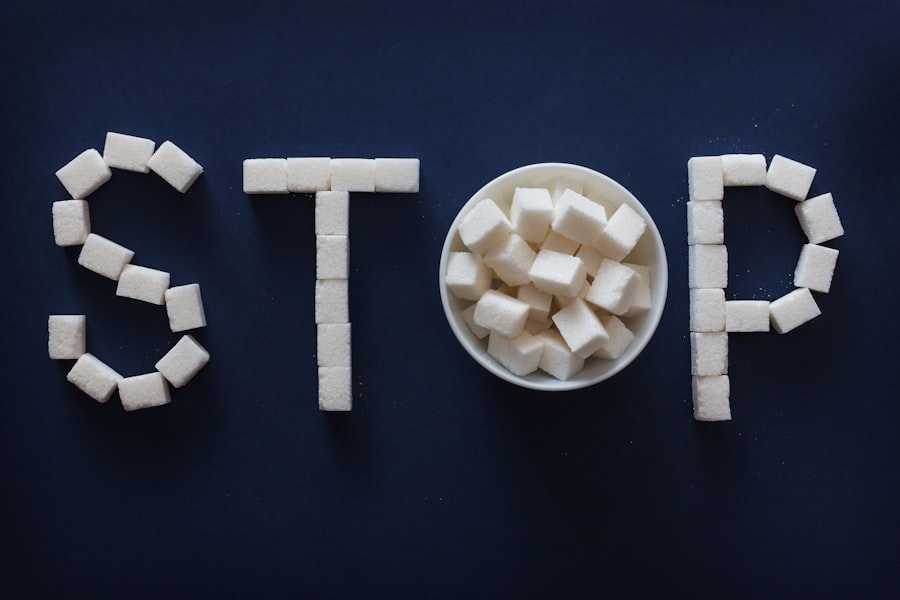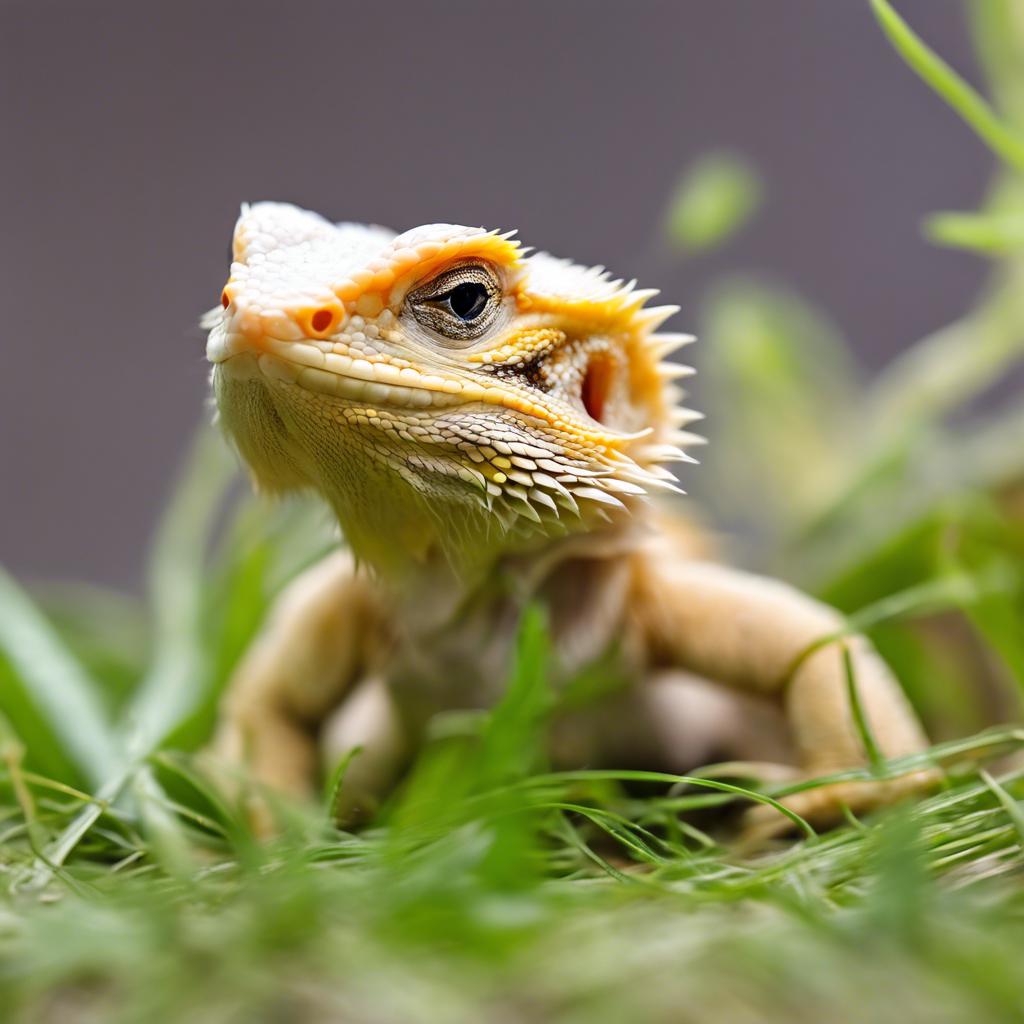Feeding a balanced diet to your bearded dragon is crucial for their overall health and well-being. While it's important to provide them with a variety of foods, including insects and vegetables, you may be wondering if bean sprouts can be a part of their diet. In this article, we will explore the nutritional value of bean sprouts, whether or not bearded dragons can safely eat them, and the benefits and risks associated with feeding bean sprouts to these reptiles.
Key Takeaways
- Bean sprouts are a nutritious food for bearded dragons.
- Bearded dragons can safely eat bean sprouts in moderation.
- Feeding bean sprouts to bearded dragons can improve their digestive health and provide essential vitamins and minerals.
- However, overfeeding bean sprouts can lead to health problems such as diarrhea and dehydration.
- Bean sprouts should be washed thoroughly and chopped into small pieces before feeding to bearded dragons.
Nutritional value of bean sprouts
Bean sprouts are packed with nutrients that can benefit your bearded dragon's health. They are a good source of protein, which is essential for muscle growth and repair. Additionally, bean sprouts are high in fiber, which aids in digestion and helps prevent constipation. They also contain vitamins such as vitamin C, vitamin A, and vitamin K, which are important for maintaining a healthy immune system and promoting proper bone development.
Can bearded dragons eat bean sprouts?
Yes, bearded dragons can safely eat bean sprouts. However, it's important to note that they should only be given in moderation as part of a balanced diet. While bean sprouts are generally safe for bearded dragons to consume, there are some potential risks and concerns to consider.
One concern is the potential for choking hazards. Bean sprouts can be long and stringy, which may pose a risk of choking if not properly prepared. It's important to chop the bean sprouts into small pieces before feeding them to your bearded dragon to minimize this risk.
Another concern is the potential for digestive issues. Some bearded dragons may have difficulty digesting certain vegetables, including bean sprouts. If you notice any signs of digestive upset such as diarrhea or bloating after feeding your bearded dragon bean sprouts, it's best to discontinue feeding them this particular food.
Benefits of feeding bean sprouts to bearded dragons
Including bean sprouts in your bearded dragon's diet can have several benefits. Firstly, the high fiber content in bean sprouts can help improve digestion and prevent constipation. This is especially important for bearded dragons, as they are prone to digestive issues. Additionally, the protein found in bean sprouts can contribute to muscle growth and repair, which is essential for the overall health of your pet.
Bean sprouts also contain a good amount of water, which can help keep your bearded dragon hydrated. Proper hydration is crucial for their overall health and can help prevent issues such as dehydration and kidney problems. By including bean sprouts in their diet, you can help ensure that your bearded dragon is getting enough water.
Risks of feeding bean sprouts to bearded dragons
While bean sprouts can provide several benefits to bearded dragons, there are also some risks and concerns associated with feeding them this food. As mentioned earlier, the potential for choking hazards is one concern. The long and stringy nature of bean sprouts can pose a risk if not properly prepared. It's important to chop them into small pieces before feeding them to your bearded dragon to minimize this risk.
Another potential risk is the presence of harmful bacteria or pesticides on the bean sprouts. It's important to thoroughly wash the bean sprouts before feeding them to your bearded dragon to remove any potential contaminants. Additionally, it's best to choose organic bean sprouts whenever possible to minimize the risk of pesticide exposure.
How to prepare bean sprouts for bearded dragons

To prepare bean sprouts for your bearded dragon, start by thoroughly washing them under running water to remove any dirt or contaminants. Next, chop the bean sprouts into small pieces to minimize the risk of choking. You can then offer the chopped bean sprouts as a part of their regular diet. It's important to remember to feed them in moderation and to monitor your bearded dragon for any signs of digestive upset.
How often should bearded dragons eat bean sprouts?
Bearded dragons should only be fed bean sprouts in moderation. It's best to offer them as a part of a varied diet, rather than as a staple food. Aim to feed your bearded dragon bean sprouts once or twice a week, and only in small quantities. This will help ensure that they are getting a balanced diet and are not consuming too much of any one food.
Other vegetables that bearded dragons can eat
In addition to bean sprouts, there are several other vegetables that bearded dragons can safely eat. Some examples include leafy greens such as kale, collard greens, and dandelion greens. These vegetables are high in vitamins and minerals and can provide a variety of nutrients to your bearded dragon's diet. Other safe vegetables include bell peppers, squash, and carrots. It's important to offer a variety of vegetables to ensure that your bearded dragon is getting a well-rounded diet.
Bearded dragon care tips
In addition to providing a balanced diet, there are several other care tips that can help ensure the health and well-being of your bearded dragon. Firstly, it's important to maintain the proper temperature and lighting in their enclosure. Bearded dragons require a basking spot with temperatures ranging from 95-105 degrees Fahrenheit, as well as a cooler area with temperatures around 80 degrees Fahrenheit. Additionally, they require UVB lighting to help them metabolize calcium properly.
It's also important to provide your bearded dragon with a clean and spacious enclosure. Regularly clean their enclosure and provide fresh water daily. Additionally, make sure to handle your bearded dragon gently and avoid any rough or sudden movements that may startle them.
Feeding a balanced diet to your bearded dragon is crucial for their overall health and well-being. While bean sprouts can provide several benefits, it's important to feed them in moderation and to monitor your bearded dragon for any signs of digestive upset. By including bean sprouts, as well as other safe vegetables, in their diet, you can help ensure that your bearded dragon is getting a well-rounded and nutritious diet.
If you're wondering whether bearded dragons can eat bean sprouts, you'll find all the answers you need in this informative article from Reptile Wizard's blog. They provide detailed information on the dietary requirements of bearded dragons and discuss the safety of various foods, including bean sprouts. To learn more about this topic, check out their article on “Can Bearded Dragons Eat Bean Sprouts?” by clicking here.
FAQs
What are bean sprouts?
Bean sprouts are the young shoots of the bean plant, typically from mung beans, soybeans, or alfalfa.
Can bearded dragons eat bean sprouts?
Yes, bearded dragons can eat bean sprouts in moderation as part of a balanced diet.
Are bean sprouts nutritious for bearded dragons?
Bean sprouts are a good source of vitamins and minerals, including vitamin C, vitamin K, and potassium, which can benefit the health of bearded dragons.
How should bean sprouts be prepared for bearded dragons?
Bean sprouts should be thoroughly washed and chopped into small pieces before being fed to bearded dragons. It is also recommended to feed them in moderation as too much can cause digestive issues.
What are the potential risks of feeding bean sprouts to bearded dragons?
While bean sprouts are generally safe for bearded dragons to eat, they can contain harmful bacteria if not properly washed and prepared. Additionally, feeding too many bean sprouts can cause digestive issues such as diarrhea.

